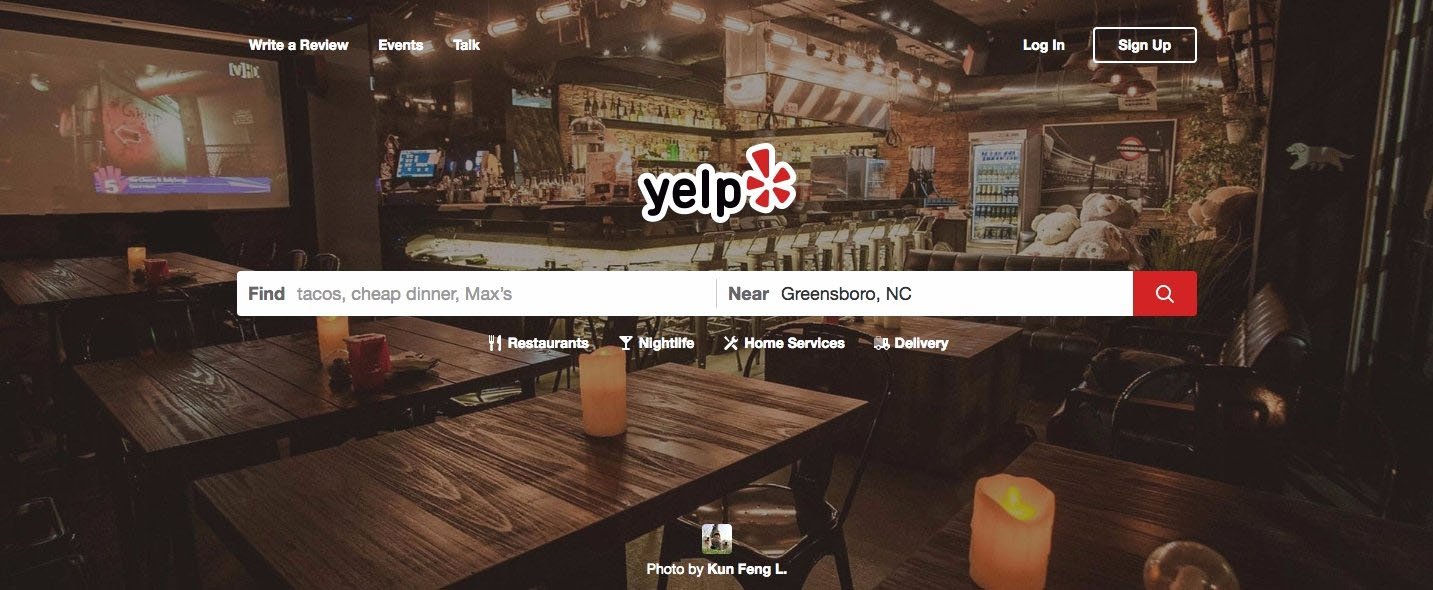When it comes to building a strong online presence, blogging plays a vital role in boosting your SEO efforts. Crafting content that resonates with both users and search engines requires a careful balance of strategy and creativity. From choosing the right keywords to understanding how to structure your blog for maximum impact, each step can make a difference in your rankings. In this guide, we’ll explore essential tips for writing blog posts that drive traffic, improve visibility, and help your website perform better in search results.
Finding the Right Topics and Understanding User Intent
Before you begin writing, it's crucial to understand what your audience is searching for and why. User intent refers to the goal behind a search query—whether users are looking for information, a product, or a solution to a problem. To align your blog content with user intent, start by researching relevant keywords that match the types of questions or needs your target audience may have. Tools like Google Trends, or even your own site's search data can help you identify common queries. By tailoring your blog topics to meet these needs, you create content that resonates with your audience and improves your chances of ranking higher in search results.
Formatting with Proper Hierarchical Structure
Now that you have your topic, let’s go over how to format it properly. Using a clear hierarchy for your headers and text makes your blog easy to read and helps search engines understand the structure of your content. Here’s a quick breakdown:
- H1: This is your main title and should only be used once per post.
- H2: Use these for subheadings that divide your blog into clear sections.
- H3: These are great for subtopics or additional details under your H2 subheadings.
- Paragraph font: Keep your main content easy to read by using standard paragraph fonts that are consistent and not too small. This ensures readability for both desktop and mobile users.
This structure not only makes your blog easier to navigate but also boosts your SEO by keeping things organized and reader-friendly.
Incorporating Keywords into Your Content
Once you’ve nailed down your topic and format, it’s time to weave in your keywords. Keywords are the phrases your audience is likely to search for, and using them naturally throughout your content helps improve your chances of ranking higher in search results. Focus on including your primary keyword in your title, subheadings, and a few times in the body of your blog. But be careful—don’t force it. Keyword stuffing can actually hurt your SEO. Aim for a natural flow, and mix in related terms or synonyms to keep the content engaging while still satisfying search engines. If you're targeting local searches, be sure to incorporate geo-specific keywords too, like city names or neighborhoods, to boost local visibility.
Creating a Cover Image or Graphic
A well-designed cover image or graphic can make your blog stand out and attract more clicks. Visuals are the first thing readers notice, so they need to be eye-catching and relevant to your content. Whether it’s a custom graphic, a photo, or an illustration, ensure it’s high-quality and properly sized for your blog.
Don’t forget to add alt text to your images, incorporating relevant keywords where appropriate. This not only helps with accessibility but also boosts your SEO. A strong cover image sets the tone for your blog and draws readers in, giving your content the visual edge it needs.
Creating and Customizing Metadata for Your Blog Post
Utilizing AI Tools for Blog Writing
AI tools have become increasingly popular for speeding up the blog-writing process, but they shouldn’t replace human creativity. While AI can help generate content ideas, draft outlines, or even suggest keywords, it often produces generic results that need refining. It’s important to review and edit AI-generated content to ensure it fits your brand’s unique voice and tone.
Use AI as a helpful tool to streamline tasks, but always add your personal touch to create content that stands out and resonates with your audience. The goal is to maintain authenticity while benefiting from the efficiency AI can offer.
Making Your Content Unique to Your Brand
Your blog is an extension of your brand, so it’s important to create content that reflects your unique style and values. One way to ensure originality is to avoid blogging about the same topics everyone else is covering in the same way. Instead, put your own spin on popular subjects or find niche topics that speak directly to your audience. Develop a voice and tone that resonates with your readers, whether through storytelling, humor, or a professional approach tailored to your industry. Consistency in visuals, messaging, and style will help reinforce your brand identity. Standing out with unique, authentic content not only builds trust but also sets you apart from the competition.
PRO TIP!
Unlock the full potential of your website with our SEO GO SERVICE! Our SEO services are designed to help you craft and continuously optimize a content strategy that enhances your website’s performance, accessibility, and search engine visibility. By keeping pace with the latest search engine algorithm updates and emerging industry trends, we ensure your content evolves to meet both user expectations and SEO requirements. Focusing on long-term growth and flexibility, we offer an expert-driven approach that keeps your site ranking strong and building credibility over time.






Leave a comment
0 Comments